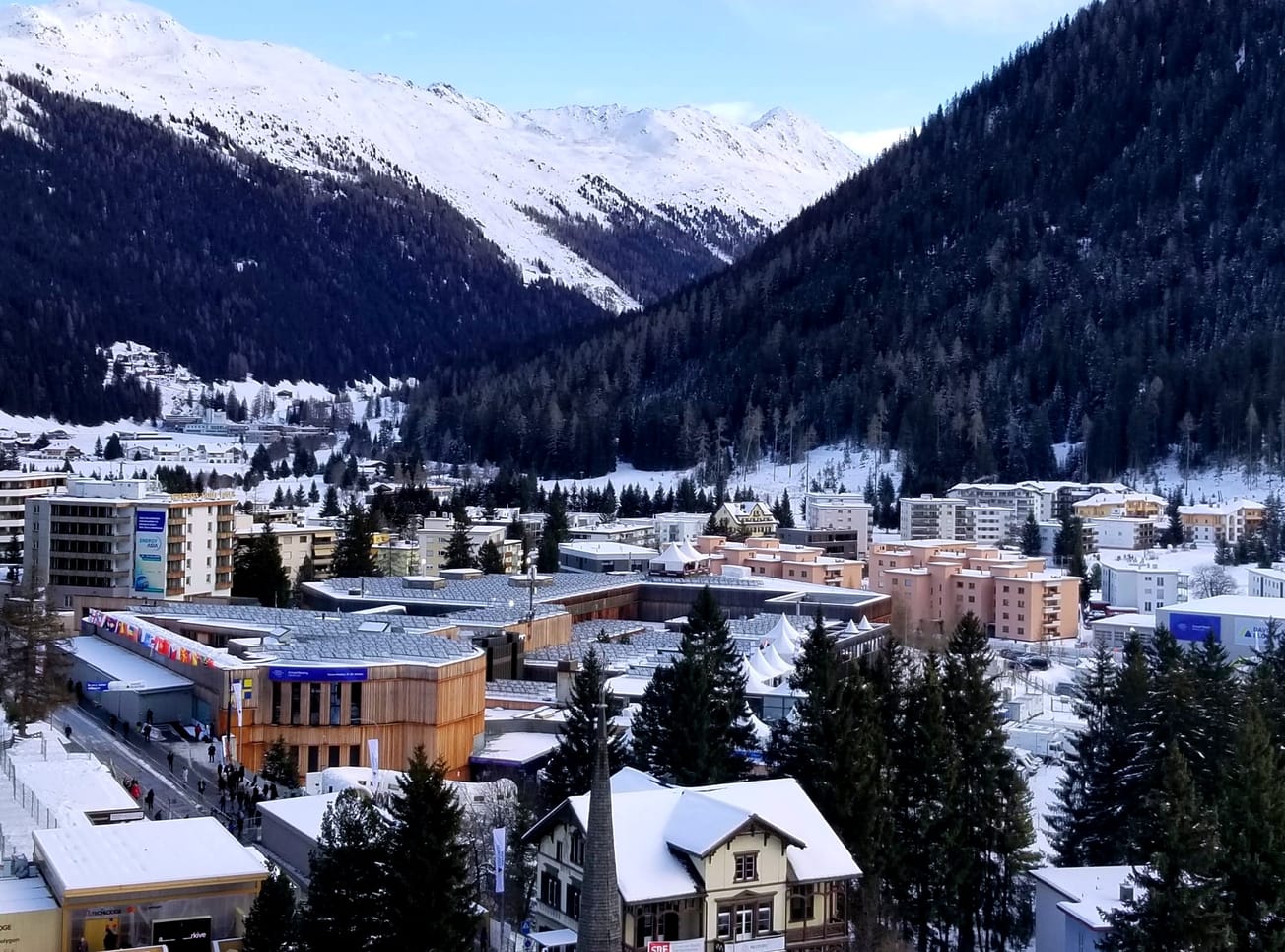WASHINGTON (AN) — Sluggish growth, cooling inflation and political angst. Those were the key themes as finance ministers and economists assembled this week to debate how best to steer the global economy.
“Notwithstanding the seeming calm, delegates behind the scenes will be filled with trepidation, aghast at the mounting global risks. Could Donald Trump win the presidency and what might that mean for multilateralism, interdependence and the U.S.’s role in the world?” former U.S. Treasury official Mark Sobel, now U.S. chairman of the Official Monetary and Financial Institutions Forum, asked in a blog post as the meetings began.








